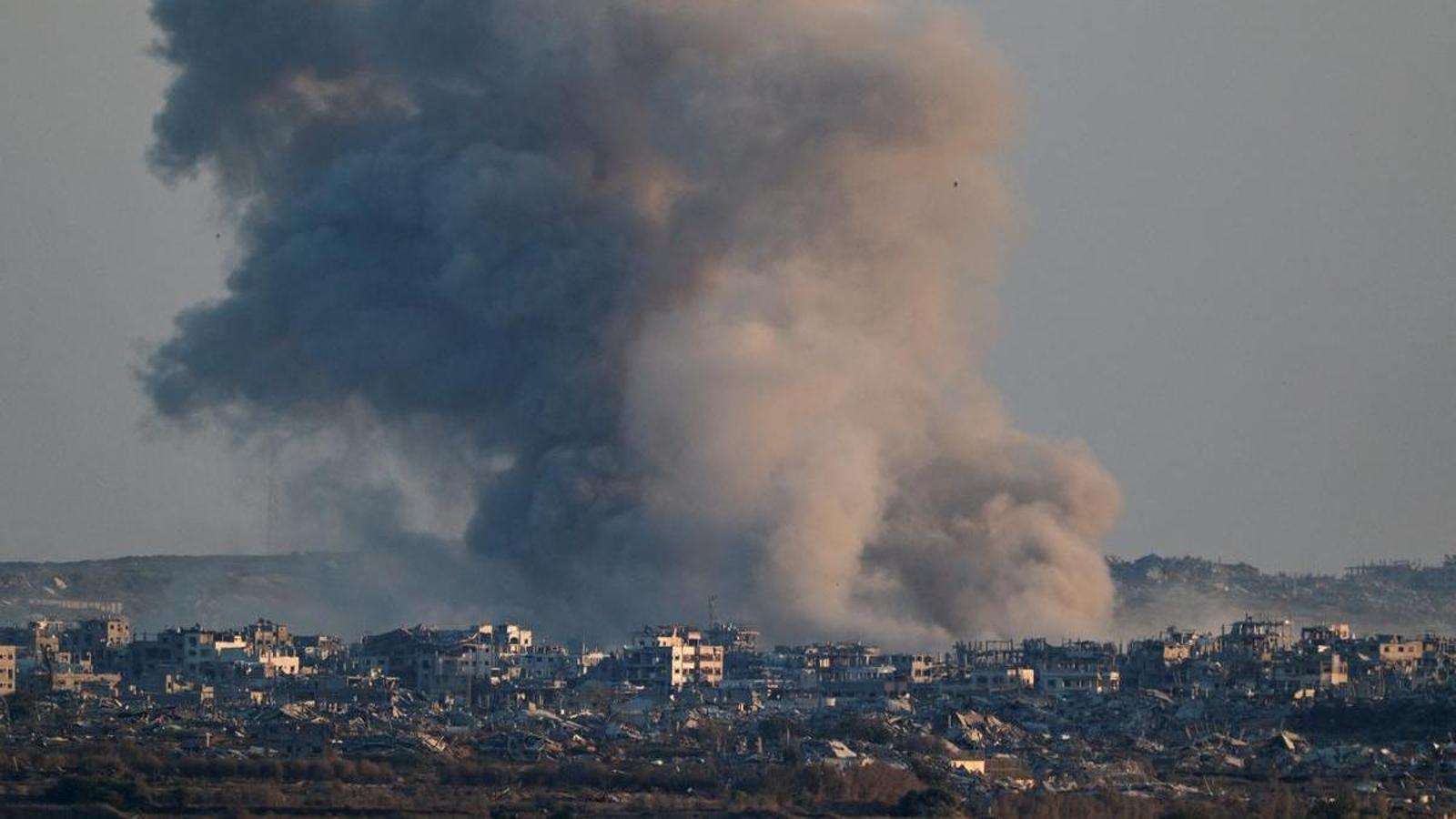

The recent decision by the Israeli security cabinet to formally occupy Gaza City marks a new chapter in the genocide against the Palestinian people. It is not an improvised twist, but the formalization of a plan laid out from the beginning: to destroy, starve, occupy, disarm, and ultimately expel the population to realize the project of the so-called "Greater Israel." In 1948, the justification was also a war; the real objective was the Nakba: a plan of ethnic cleansing to guarantee Jewish majority and supremacy in the new State of Israel.
After 22 months of bombing and siege, the immediate objective of the occupation is to "clean up" the crime scene. Before aid convoys and foreign journalists enter, Israel seeks to erase evidence of war crimes: mass graves dug with bulldozers, bodies of torture victims hidden, execution scenes removed, fake weapons planted in hospitals to justify attacks. This is nothing new: since 1948, the demolition of Palestinian villages, the construction of their ruins, and the manipulation of archives have served to deny expulsions and massacres.
Controlling the territory also means controlling the narrative. Israel vetoes free access to the international press and has only allowed a few researchers in under military escort, with materials subject to prior censorship and a ban on speaking to Palestinians. The most uncomfortable documentation—mass hunger, the total destruction of neighborhoods, the massacres—thus depends on Palestinian journalists who work knowing they could be next on the list. At least 242 have been killed since October 2023; among them, Anas al-Sharif, one of Al Jazeera's most recognizable faces in Gaza, shot down along with four colleagues outside a hospital. His death was preceded by unfounded accusations of belonging to Hamas, which press organizations denounced as a veiled threat of execution.
Repression of the press is an inseparable part of the occupation: preventing the world from seeing Gaza as it is and ensuring that the final narrative is written by the perpetrators. Those who refuse to leave their homes may be labeled "militants" to justify their murder; those who survive, confined to the south, will appear as voluntary migrants. In a few decades, propaganda will be able to present this ethnic cleansing as a closed chapter, just as the traces of the Nakba are hidden today.
Faced with this plan, the international reaction remains trapped in rhetorical condemnations and symbolic gestures. Some governments have limited military exports, but too late and without breaking their structural complicity. Others announce the recognition of the State of Palestine without making clear how this will lead to the end of barbarism in Gaza or the West Bank itself. The occupation of Gaza City is not just a military maneuver: it is an attempt to close the genocide on its own terms, burying the truth alongside the victims.
Believing those who have denounced it from day one, and acting to prevent the memory of Gaza from being erased, is a political and moral obligation. Because what's at stake is not just Palestinian lives today, but the very possibility of the world knowing, tomorrow, what really happened.
